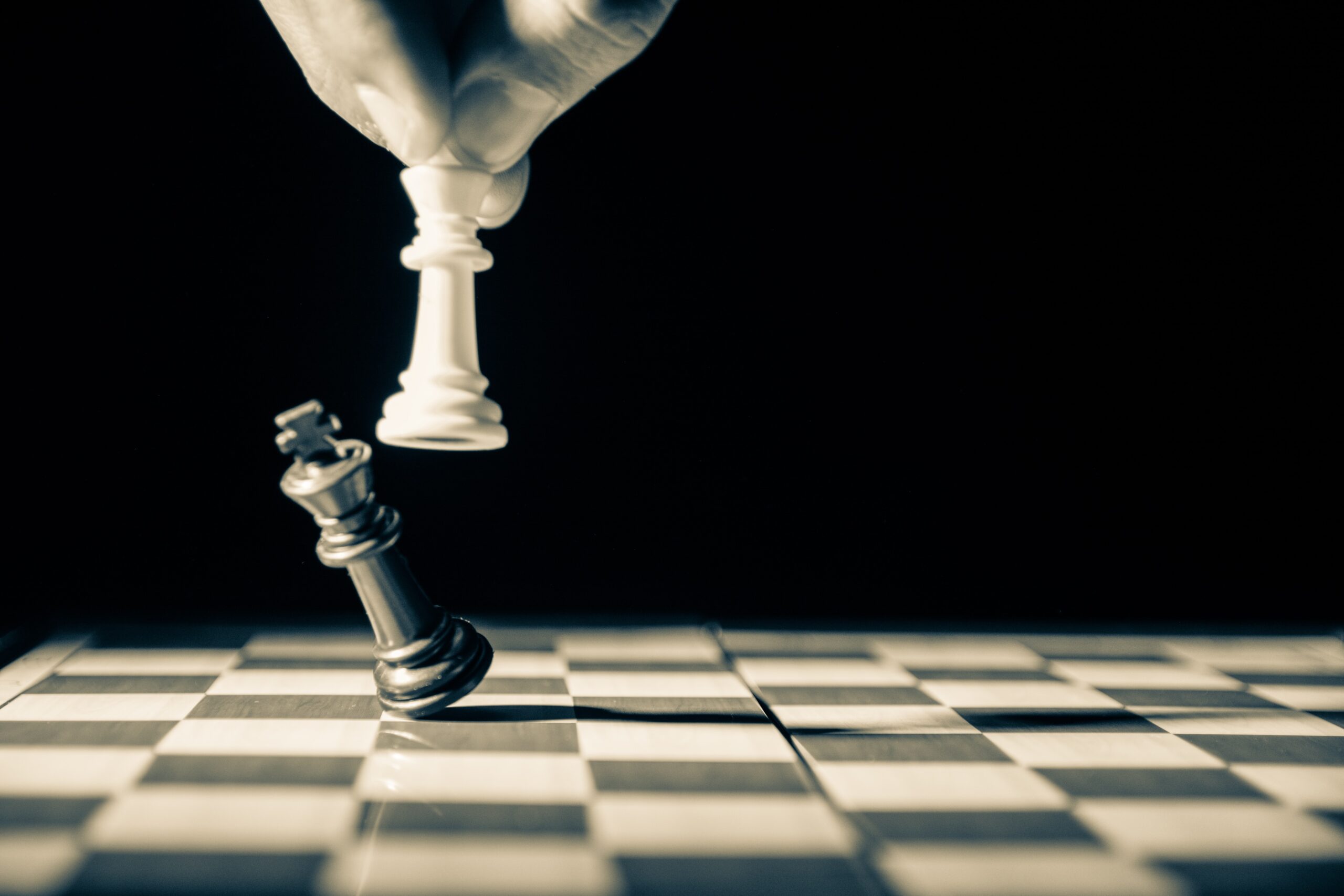Anyone who knows me well can tell you I am terrible a loser. My husband and best friend are hesitant to suggest a game night. All my life, playing games has been a challenge. If I fear I may not win, I’ll probably just choose not to play. As a young child, and even occasionally as an adult, losing meant tears, yelling, and finding ways to blame others for my loss. In particular, games that rely heavily on chance or provide an unfair advantage make my blood boil. How am I supposed to win at Yaztee when so much depends on the luck of the roll? The game, Sorry! in which players negate the progress of others while apologizing, forget it…
So, where did I develop such an aversion to losing? As adults, I think many of us reflect back on our childhoods and begin to process our past. Although the way personalities develop is complex, I believe my struggles with losing started in school. As a student, I yearned to win in academics (as if that’s the goal). I don’t remember valuing education for the knowledge gained or enjoyment of learning. However, I remember chasing the feeling I got when I was recognized for a 4.0 GPA or receiving the highest grade on a test. My mom often reminds me of the many times I convinced a teacher to give me extra credit or points back on a test. I viewed grades as a symbol of how smart and successful I was. I spent many sleepless nights worrying about test scores and report cards. Achieving anything less than perfect was an unacceptable outcome and meant I had lost at the game of school.
Reflecting back on my educational experience, I am a bit saddened. I often wonder what I might have learned if I had been taught to handle failure better. I remember dropping Advanced Chemistry in high school for a study hall after the first day when I realized I might not get an A. My Chemistry teacher was incredible and made learning fun and engaging, but I gave up because success felt out of reach.
On April 15, 2022, the Florida Department of Education released a statement titled “Florida Rejects Publishers’ Attempts to Indoctrinate Students.” 41% of the mathematics textbooks submitted for consideration were rejected. In grades K-5, 71% were rejected due to unalignment with Florida’s standards or included prohibited teaching strategies or topics such as Critical Race Theory or Social-Emotional Learning. For some grade levels, this left only one textbook being considered.
Along with many other educators, I have questions for the Florida DOE, Richard Corcoran, and Ron DeSantis. Which textbooks were rejected, and for what purpose? Can specific examples be provided? The list of questions I personally have is long.
However, the view of the Florida DOE to not teach social-emotional learning through mathematics struck me. A rubric used for evaluating instructional materials for state adoption states, “Do instructional materials NOT solicit Social Emotional Learning (SEL), as these are considered extraneous and unsolicited strategies outside eth scope of subject-are standards?” On an academic level, I need to see the research the DOE has used to form this claim. On a personal level, I’m not sure I agree.
My K-12 education lasted from 1994 to 2007. During that time, I can recall only a few instances I learned content that now would be considered social-emotional learning. However, what if social-emotional learning had been engrained in my educational journey? What if I was taught to value mistakes rather than run from them? What if my teachers taught me how to regulate my feelings when I got a B on a test? What if, instead of choosing the easy route, I had the skills to challenge myself and be less afraid of failure?
Although I was academically successful on paper, I often felt stupid in many classes. Physics. Advanced Chemistry. Pre-Calculus. However, I now know I can be successful in those subjects. At the time, I simply avoided pushing myself in these areas. In college, I chose a degree that I thought would lead me to a career I could excel in. For many years in life, I tried to choose the path that would lead me to success. My fear of failure and desire to be what I considered perfect carried over well into my adult life. It wasn’t until my master’s degree coursework I saw the benefits of mistakes, challenges, and failure. At the age of 30, education helped me become a better loser.
Should we as educators help students learn to regulate their emotions, embrace mistakes, and challenge themselves? Can this be accomplished through the teaching of any subject? And will doing so lead to a positive effect on students’ educational experience? As with most questions in education, the answers are messy. What I do know is as a student, I would have benefitted greatly.


